Be filled with wrath, America!
By Marziyeh Kaffash
“Tell America to be angry with us and die of this rage! That’s what our nation is like — as you see and know it.”
—Ayatollah Mohammad Beheshti
On June 22, the administration of US President Joe Biden unexpectedly set aside all the claims of free speech rights and seized, in a highly-belligerent act of piracy, the .com domains of over 30 websites close to the Iran-led resistance front against Israel, which are based in the Islamic Republic and elsewhere in the Middle East, including Yemen, Iraq, and Palestine.
“On World Press Freedom Day, the United States continues to advocate for press freedom, the safety of journalists worldwide, and access to information on and offline. A free and independent press ensures the public has access to information. Knowledge is power.”
That was a tweet posted by US Secretary of State Antony Blinken on May 3, only weeks before the blitz against Iranian and other regional news websites, and only weeks before Israel, America’s illegitimate child in the Middle East, spent big sums of US taxpayer money to bombard the building hosting more than 20 Palestinian media outlets in the besieged Gaza Strip, while the Biden administration sat back and watched.
Doing what is typical of it, Washington once again cited a set of domestic regulations only to violate the most basic rules of international law on freedom of speech and human rights. The abrupt attack caught by surprise those who had put their trust in Biden, when he babbled during his election campaign about a break with the “maximum pressure” policy initiated by his predecessor, Donald Trump, and a return to diplomacy with Iran. Anyway, they were reminded anew that a leopard cannot change its spots!
But what do the recent takedowns signify? What prompts the Biden administration to unmask itself already and suddenly unleash a direct attack against the media outlets it deems affiliated with the Iranian government — which he had promised to engage with?
It appears that the White House was trying to kill multiple birds with one stone, albeit childishly. Psychologically speaking, children suffering from anger issues typically show over-the-top reactions when they find themselves unable to win or solve a puzzle or problem. The Biden administration’s campaign against the media is of the same nature: an outburst sprouting from frustration.
The big ‘NOPE’ Biden got
The timing of the attack was notable. The takedowns followed the sweeping victory in Iran’s presidential election of Seyyed Ebrahim Raeisi, whom the Americans call a “hardliner,” a word they use to refer to the figures with the Principlist camp of Iran’s political scene, which calls for more caution in relations with the West and favors strict adherence to the guidelines of Leader of the Islamic Revolution Ayatollah Seyyed Ali Khamenei in dealing with the US and its Western partners.
In his first press conference since his election win on June 21, Raeisi clarified to Biden that the Iran nuclear deal would remain the only subject of negotiation with the United States, and even if Washington agreed to honor its obligations under the multinational agreement, it could not regard the diplomatic process as a prelude to more negotiations, which the Americans hoped they would get on such topics as the Islamic Republic’s conventional missile program and ever-growing regional influence, factors that they see as an existential threat to the Israeli entity.
When asked about possibly meeting Biden following a potential resolution of the dispute over the Iran deal, Raeisi replied, “NO.” Full stop. The White House read from the definitive ‘Nope’ that Raeisi was set to go hard with the United States, unlike the outgoing administration of President Hassan Rouhani, which has been under fire at home for having generously given many concessions away to the West under a deal that not only brought Iran no benefits but even wasted the nation’s time and stalled the country’s progress in the nuclear field.
The seizure of website domains will likely deal a blow to the negotiations underway in Vienna between Iran and the five parties to the 2015 nuclear deal on a potential US return to the accord.
The whistleblower
Among the targeted websites, the case of Press TV is worthy of attention. Hours before the seizure of its .com domain, the Iranian English-language new website had published yet another exclusive report, based on information obtained from sources familiar with the Vienna talks, blowing the lid off what was happening behind closed doors at Grand Hotel Wien, where the negotiations on the future of the Iran deal were being held.
The report revealed that despite claims of the negotiations making progress, the US was still refusing to meet Tehran’s demand for a practical and verifiable removal of the sanctions it imposed on Iran in the Trump-era, and even worse, the US had “not yet accepted Tehran’s request for a guarantee that anti-Iran sanctions would not be re-imposed and that the so-called snapback provision in the JCPOA (Iran deal) would not be invoked.”
The attack on Press TV may indicate that the news outlet’s revelations did not suit the taste of those scrambling to get the Rouhani administration to give more concessions to the West before the ascension of the so-called “hardliners” to power in Iran.
Middle East, the land of failures for America
The Biden administration has taken the helm of a declining empire with many failures and frustrations in the Middle East, where it tried for decades to fill its pockets with oil money and consolidate Israel’s occupation of Palestine through igniting conflicts and proxy wars with the aim of either destabilizing the region and fishing in the troubled waters there or toppling independence-seeking governments and installing US-friendly regimes.
Those policies have, however, backfired, increasing awareness among regional nations of the true nature of America and the real motives of its insistence on having a presence in the resource-rich region.
The assault on Yemen’s Al-Masirah TV, which reports the developments in the Saudi war on the country, was very telling of how the Saudi regime’s US-backed war — meant to break a nation’s will — had hit a snag. At the onset of the military campaign in early 2015, Riyadh promised victory over Yemen’s popular Houthi Ansarullah movement in a matter of weeks, but the military campaign has dragged on for over six years, leaving America and its vassal Arab states struggling to find a face-saving way out of the crisis of their own making. Much to the world’s surprise, Yemen — the poorest Arabian Peninsula state — turned out to have learned many lessons from post-Revolution Iran! Undeterred by the Saudi war and blockade, which have all-out American support, Yemenis have worked over the past years, simultaneously with defending the country and enduring economic pressure, to strengthen the country’s defenses, develop military hardware, and take the war deep onto Saudi soil, posing threats to the kingdom’s lifeline oil facilities and other sensitive targets.
Elsewhere in the Middle East, in Gaza, the world witnessed last month how the Palestinian resistance movement, which is based in a narrow coastal strip and under a paralyzing siege for more than a decade, brought Israel’s so-called “invincible” army to its feet in a military campaign that they initiated, for the first time, in defense of their compatriots in the occupied territories. Shocked by the dramatic growth in the Palestinian resistance movement’s military prowess, which had brought life in much of the Israeli-occupied territories to a standstill, Tel Aviv had no other option but to unilaterally announce a ceasefire.
In Iraq, there has been growing pressure on the unwelcome Americans to leave the country since January 2020, when the US military assassinated two senior Iranian and Iraqi commanders, Lieutenant General Qassem Soleimani and Abu Mahdi al-Muhandis, a few years after the duo successfully directed the Iraqi battle against Daesh, a notorious terror group believed to be created by the US to fight its and Israel’s wars in the region.
With that picture in mind, the US raid on Iranian, Iraqi, Yemeni, and Palestinian media outlets is understandable.
Good news for Press TV
Press TV was launched in 2007, with a vision to “heed the often neglected voices and perspectives of a great portion of the world” and to “bring to light untold and overlooked stories of individuals who have experienced political and cultural divides firsthand,” among others.
The Iranian news channel is especially known for its extensive coverage of the crises instigated by or involving the US one way or another in the Middle East as well as the Israeli regime’s occupation of Palestinian lands, the main issue of the Muslim world.
Press TV has repeatedly been attacked for adhering to that cause by Western and pro-Western satellite services and US-based social media platforms, but the recent state-sponsored assault indicated that the news outlet has been successful, despite all the shortcomings, in its mission of giving voice to those the United States long has tried to stifle.
The Americans attacked not just three dozen media outlets but the entire resistance axis; however, it seems they will never learn one lesson: Students of the school of Iran’s 1979 Islamic Revolution have learned over the past four decades that whenever they come under attack, whenever the US flies off the handle, that is a sign that they have done their job well. To the US, it may not make sense, but such attacks only strengthen the resistance movement’s iron resolve to move forward. So keep it up America!
Marziyeh Kaffash is an independent Iranian journalist specializing in Iran and Middle East affairs.
(The views expressed in this article do not necessarily reflect those of Press TV.)
Iran knows where Netanyahu convenes his meetings: Ex-IRGC chief
‘Law of jungle’: China says Israeli-US aggression against Iran must stop
Iran says committed to regional security; retaliatory attacks only target Israel, US assets
'Blatant war crime': Iran denounces US-Israel strikes on Gandhi hospital in Tehran
IRGC spox: 650 casualties for US military in two days as Iran missiles force aircraft carrier to fle
Tehran warns of false-flag operations, says Israel ‘undoubtedly’ seeking to widen war
New wave of attacks devastates key US base in Bahrain as Iran strikes back
Melania Trump chairs UN children's meeting as Iran buries kids killed in US-Israeli attack


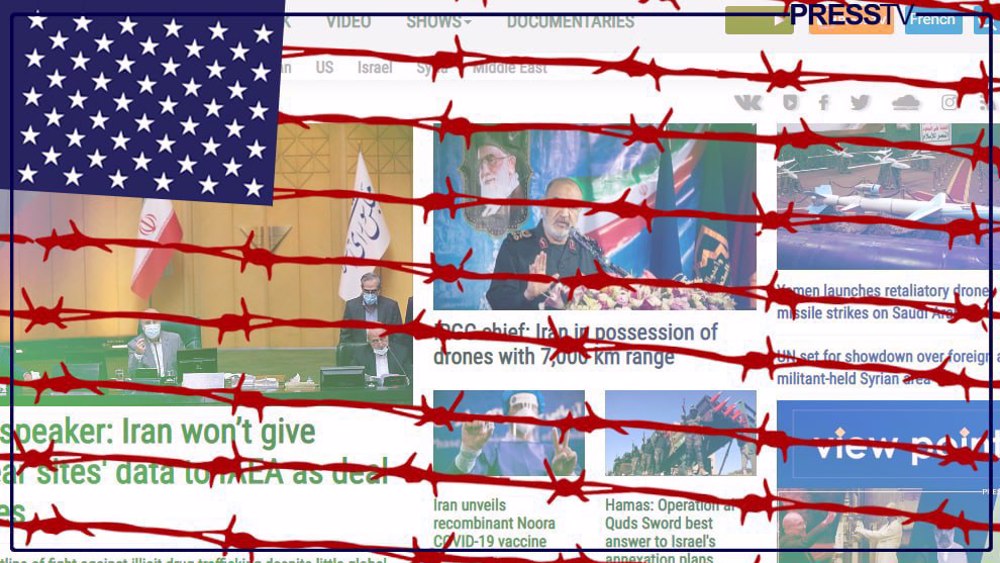

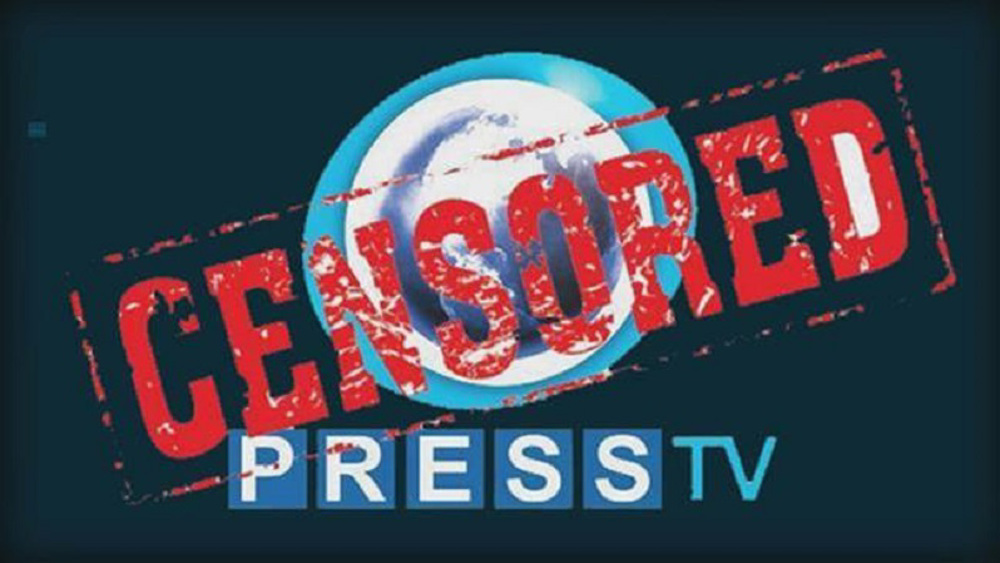
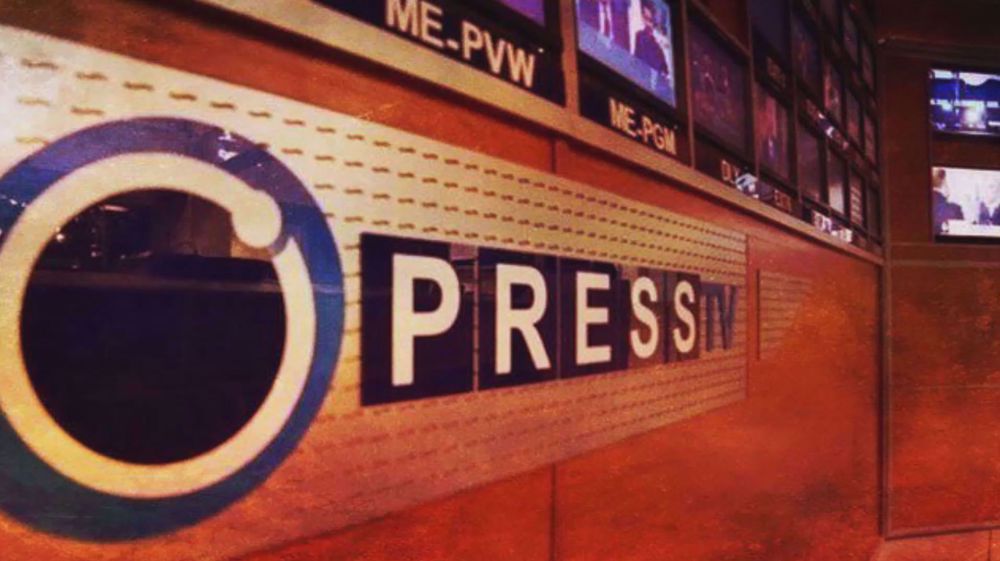
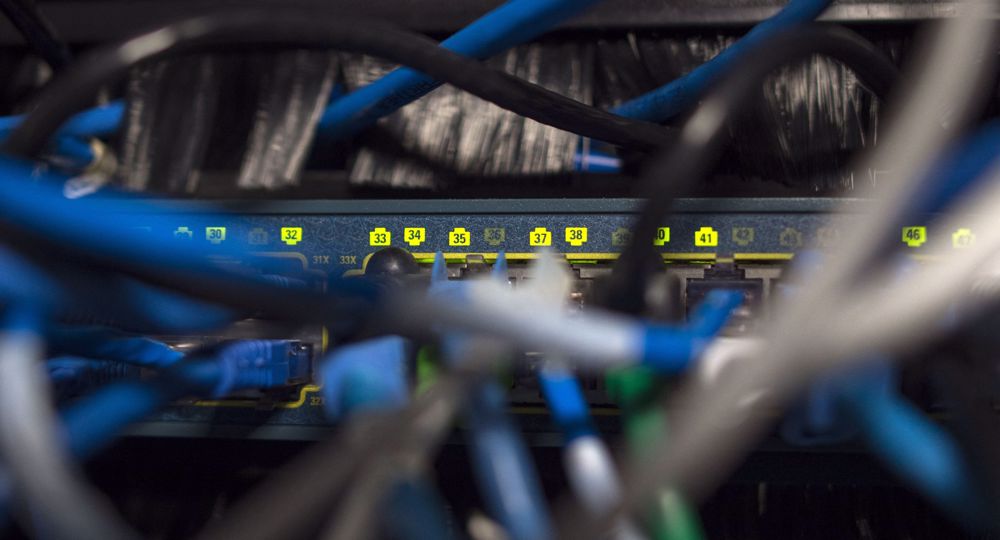
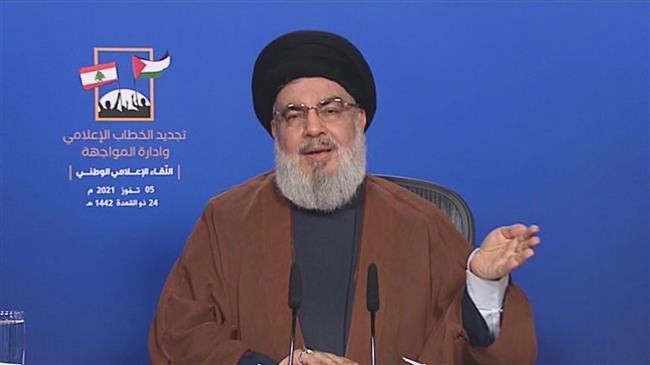




 This makes it easy to access the Press TV website
This makes it easy to access the Press TV website